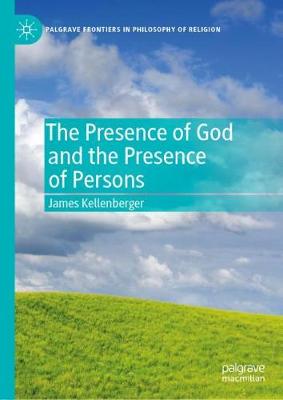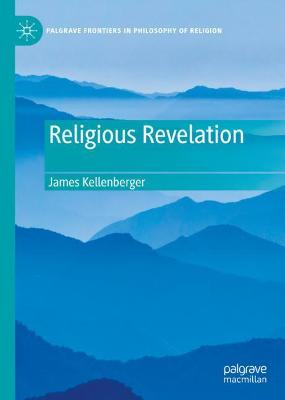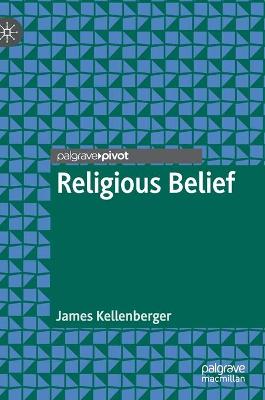Palgrave Frontiers in Philosophy of Religion
3 total works
This book treats the presence of God and the presence of persons. The experience of the presence of God is a well-recognized religious experience in theistic traditions. The experience of the presence of persons, this book argues, is an analogous moral experience. As it is possible for individuals to come into the presence of God – to have this phenomenal experience – so it is possible for them to come into the presence of persons.
Kellenberger explores how coming into the presence of persons is structurally analogous with coming into the presence of God. Providing a highly focused analysis of the two seemingly distinct concepts, normally thought to fall under different subfields of philosophy, the chapters carefully draw paralells between them. Kellenberger then goes on show how, analogous to “the death of God,” a loss of the consciousness of the reality of God and his presence, is a “death of persons”, felt as a loss of the sense of the inherent worth of persons and their presence. This volume finishes with an examination of the concrete moral and religio-ethical implications of coming into the presence of persons, and in particular the implications of coming into the presence of all persons.
This book addresses several dimensions of religious revelation. These include its occurrence in various religious traditions, its different forms, its elaborations, how it has been understood by Western theologians, and differing views of revelation’s ontological status. It has been remarked that revelation is most at home in theistic traditions, and this book gives each of the three Abrahamic traditions – Judaism, Christianity, and Islam – its own chapter. Revelation, however, is not limited to theistic traditions; forms found in Buddhism and nondevotional (nontheistic) Hinduism are also explored. In the book’s final chapter a particularly significant form of religious revelation is identified and examined: pervasive revelation. The theistic manifestation of this form of revelation, pervasive in the sense that it may occurs in all the domains or dimensions of human existence, is shown to be richly represented in the Psalms, where God’s presence may be found in the heavens, in the growing of grass, and in one’s daily going out and coming in. Pervasive revelation of religious reality is also shown to be present in the Buddhist tradition.


